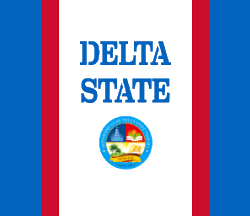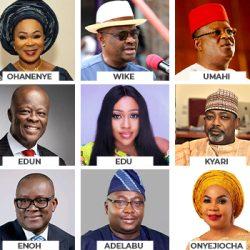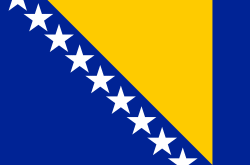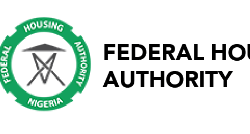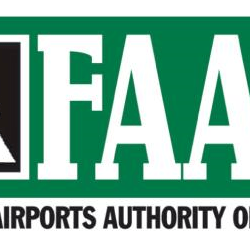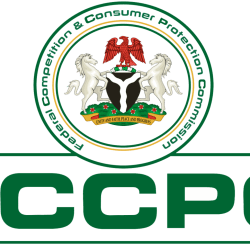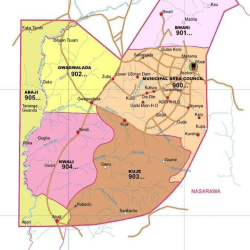The Federal Government of Nigeria has 17 Extra Ministerial Bodies. These are government commissions, agencies or offices that are not under a ministry but stand alone. The head of such reports directly to the President of the country. Those agencies are under the Presidency and there are:
- Federal Character Commission
- Federal Civil Service Commission
- Office of the Auditor General of the Federation
- Office of the Head of the Civil Service of the Federation
- Federal Ministry of Communication and Digital Economy
- National Population Commission
- National Assembly
- Federal Capital Territory Administration
- Independent Corrupt Practices And Related Offences Commission
- Independent National Electoral Commission
- FISCAL Responsibility Commission
- Public Complaints Commission
- Code of Conduct Bureau
- National Sport Commission
- Auditor General For The Federation
- National Salaries, Income and wages Commission
- Revenue Mobilization, Allocation and Fiscal Commission
Nigeria
Nigeria is a country in Africa, a regional power on the continent and an emerging power on the international scene.

It has 36 states and a Federal Capital Territory, Abuja.
Having being divided into states, the country is further divided into 774 Local Government Areas (LGAs).
The LGAs are under the control of their respective states.
The country has the largest economy in Africa.
Nigeria’s population is over 230 million, making it number 1 most populated country in Africa, and number 6 in the world.

It covers an area of 923,769 square kilometres (356,669 sq mi).
It is situated between the Sahel to the north and the Gulf of Guinea to the south in the Atlantic Ocean.

Nigeria borders Niger in the north, Chad in the northeast, Cameroon in the east, and Benin in the west.
It is often referred to as the Giant of Africa owing to its large population and economy and is considered to be an emerging market by the World Bank.

However, the country ranks very low in the Human Development Index and remains one of the most corrupt nations in the world.

The largest city in Nigeria is Lagos, one of the largest metropolitan areas in the world and the largest in Africa.

Nigeria is a multinational state inhabited by more than 250 ethnic groups speaking 500 distinct languages, all identifying with a wide variety of cultures.
The official language is English, chosen to facilitate linguistic unity at the national level.
Nigeria is a founding member of AU (African Union) and a member of other international organizations including UN (United Nations), Commonwealth of Nations and ECOWAS (Economic Community of West African States).
